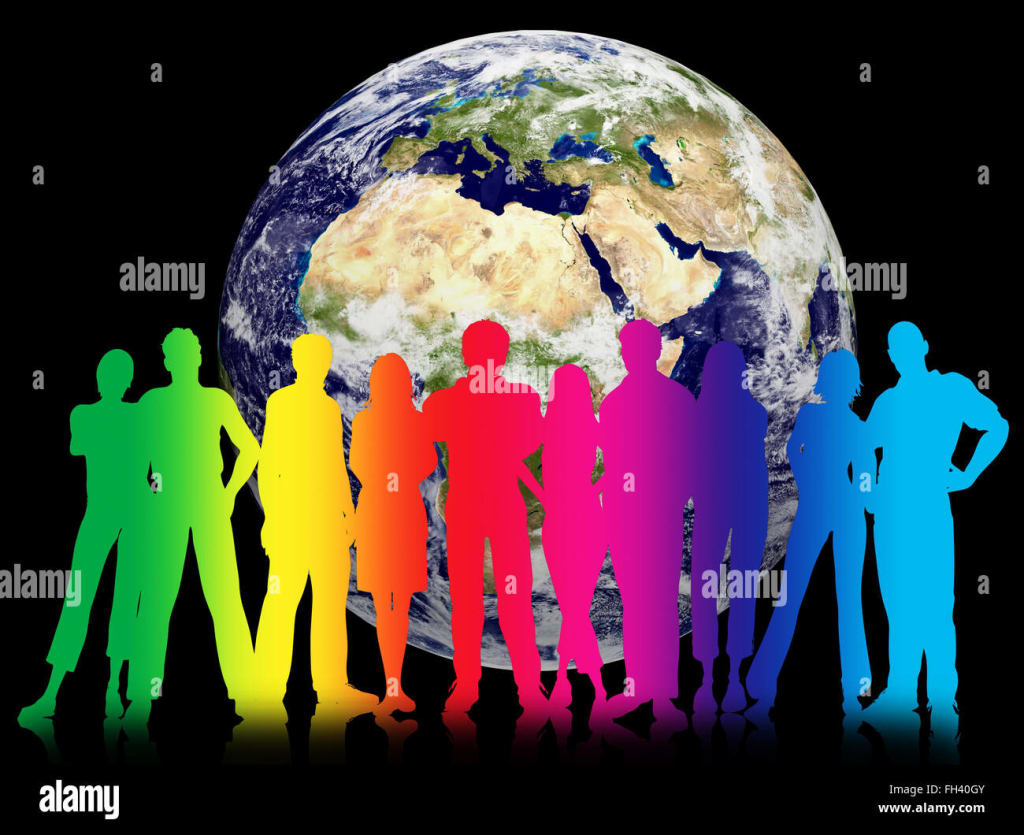Discrimination and Marginalization.
Combatting injustice in the modern world.

Title: Discrimination and Marginalization: Combating Injustice in the Modern World
Introduction
Discrimination and marginalization continue to persist as deeply rooted issues in societies worldwide, hindering social progress and undermining the principles of equality and justice. This article explores the pervasive nature of discrimination and marginalization and suggests potential solutions to address these problems in the current world.
Understanding Discrimination and Marginalization
Discrimination is the unjust or prejudicial treatment of individuals or groups based on attributes such as race, ethnicity, gender, religion, sexual orientation, or disability. Marginalization refers to the social exclusion and disadvantaged position that certain individuals or groups face, resulting from discrimination and structural inequalities.
Systemic Discrimination
Systemic discrimination refers to the ways in which discriminatory practices become embedded within societal systems and institutions, perpetuating inequality and marginalization. Examples include biased hiring practices, unequal access to education, and institutionalized racism. Recognizing and challenging systemic discrimination is essential to address the root causes of marginalization.
Education and Awareness
Promoting education and raising awareness are key strategies for combating discrimination. By fostering a culture of inclusivity and diversity from an early age, we can challenge stereotypes and biases. Education systems should incorporate inclusive curricula that celebrate different cultures, histories, and perspectives, promoting empathy, understanding, and respect.
Legal Protections and Enforcement
Strengthening legal protections against discrimination is crucial. Governments should enact comprehensive anti-discrimination laws that cover all protected characteristics and ensure their effective enforcement. Additionally, providing accessible avenues for reporting discrimination and ensuring impartial investigations can help victims seek justice and hold perpetrators accountable.
Media and Technology
Media platforms and technology companies should adopt inclusive practices that promote accurate and positive portrayals of marginalized groups. By addressing biases in algorithms, combating online hate speech, and amplifying diverse voices
Economic Empowerment
Economic empowerment plays a vital role in combating marginalization. Policies promoting equal access to employment, entrepreneurship, and economic opportunities can help marginalized individuals overcome systemic barriers. This can include targeted affirmative action programs, mentorship initiatives, and support for small businesses in marginalized communities.
Inclusive Policies and Representation
Promoting inclusive policies and representation is essential for combating discrimination. Governments and organizations should prioritize diversity in decision-making processes and ensure that marginalized communities have a voice in shaping policies that affect them. Representation should extend to all sectors, including politics, media, and corporate leadership.
Intersectionality and Inclusivity
Recognizing and addressing intersectionality is crucial in the fight against discrimination and marginalization. Intersectionality acknowledges that individuals may face multiple forms of discrimination based on various aspects of their identity. Policies and interventions should be designed to address these overlapping and interconnected forms of discrimination to ensure inclusivity for all.
Promoting Social Solidarity
Building bridges and fostering social solidarity can counter the divisive forces that perpetuate discrimination. Encouraging dialogue and understanding among diverse communities can help break down stereotypes and foster empathy. It is essential to create safe spaces for open discussions, promote intercultural exchange, and actively support initiatives that promote unity.
Allyship and Advocacy
Allies and advocates play a crucial role in combating discrimination and marginalization. Allies can use their privilege to support marginalized individuals and communities, amplifying their voices and actively challenging discriminatory practices. Advocacy efforts should focus on systemic change, working towards dismantling oppressive structures and promoting equity and justice.
Conclusion
Discrimination and marginalization remain persistent challenges in the modern world, undermining the principles of equality and justice. Addressing these issues requires collective efforts from individuals, communities, governments, and institutions. By promoting education, awareness, legal protections, economic empowerment, inclusivity, and social solidarity, we can work towards a more equitable and inclusive society. It is our collective responsibility to confront discrimination and marginalization head-on, striving for a world where every individual is respected, valued, and afforded equal opportunities.





Comments
There are no comments for this story
Be the first to respond and start the conversation.